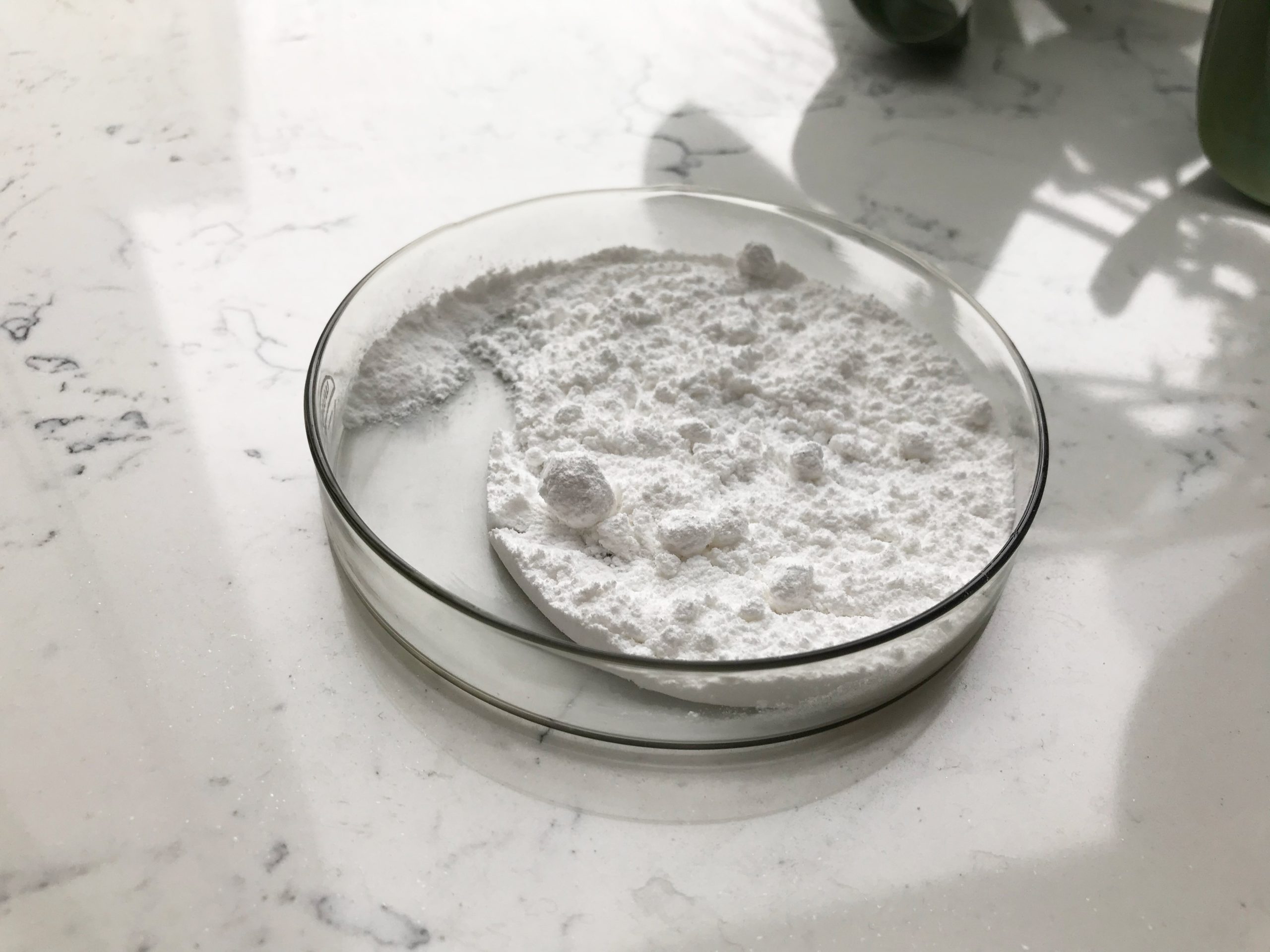TUDCA (Tauroursodeoxycholic acid) is a bile acid that has gained attention for its potential health benefits, particularly for liver health. It’s primarily used as a supplement to promote liver function, improve bile flow, and protect the liver from damage.
Uses of TUDCA
1. Liver Health
- TUDCA is most commonly used to support liver function. It’s believed to help with conditions like fatty liver disease (NAFLD), liver cirrhosis, and cholestasis. TUDCA is thought to help by reducing the buildup of toxic bile acids in the liver, which can otherwise cause damage to liver cells.
2. Neuroprotective Effects
- There is emerging research suggesting TUDCA might have neuroprotective properties. It’s been studied for its potential to help with neurodegenerative diseases like Parkinson’s and Alzheimer’s, as well as for promoting general brain health. It’s believed to reduce cellular stress and apoptosis (programmed cell death), helping protect neurons.

3. Insulin Sensitivity
- Some studies have found that TUDCA may help improve insulin sensitivity, which can be beneficial for people with conditions like type 2 diabetes or metabolic syndrome.
4. General Cellular Health
- TUDCA has been suggested to have general protective effects on cells throughout the body, possibly due to its role in maintaining cellular functions and reducing endoplasmic reticulum stress, which is linked to a variety of diseases.
5. Support for Bodybuilders & Athletes
- In bodybuilding or athletic contexts, TUDCA is sometimes used to mitigate liver stress caused by the use of certain performance-enhancing drugs (PEDs) or other supplements that can be hard on the liver.
Dosage:
- The typical dosage of TUDCA can vary, but common ranges are between 250 mg to 500 mg per day, often taken in divided doses. Always consult with a healthcare provider before using it, especially in the context of existing liver conditions or other health concerns.

Side Effects:
- TUDCA is generally considered safe when used appropriately. Side effects are rare but can include mild gastrointestinal upset, diarrhea, or changes in bowel movements. Long-term use should still be monitored by a healthcare professional.
Would you like more information on any of its specific uses?
